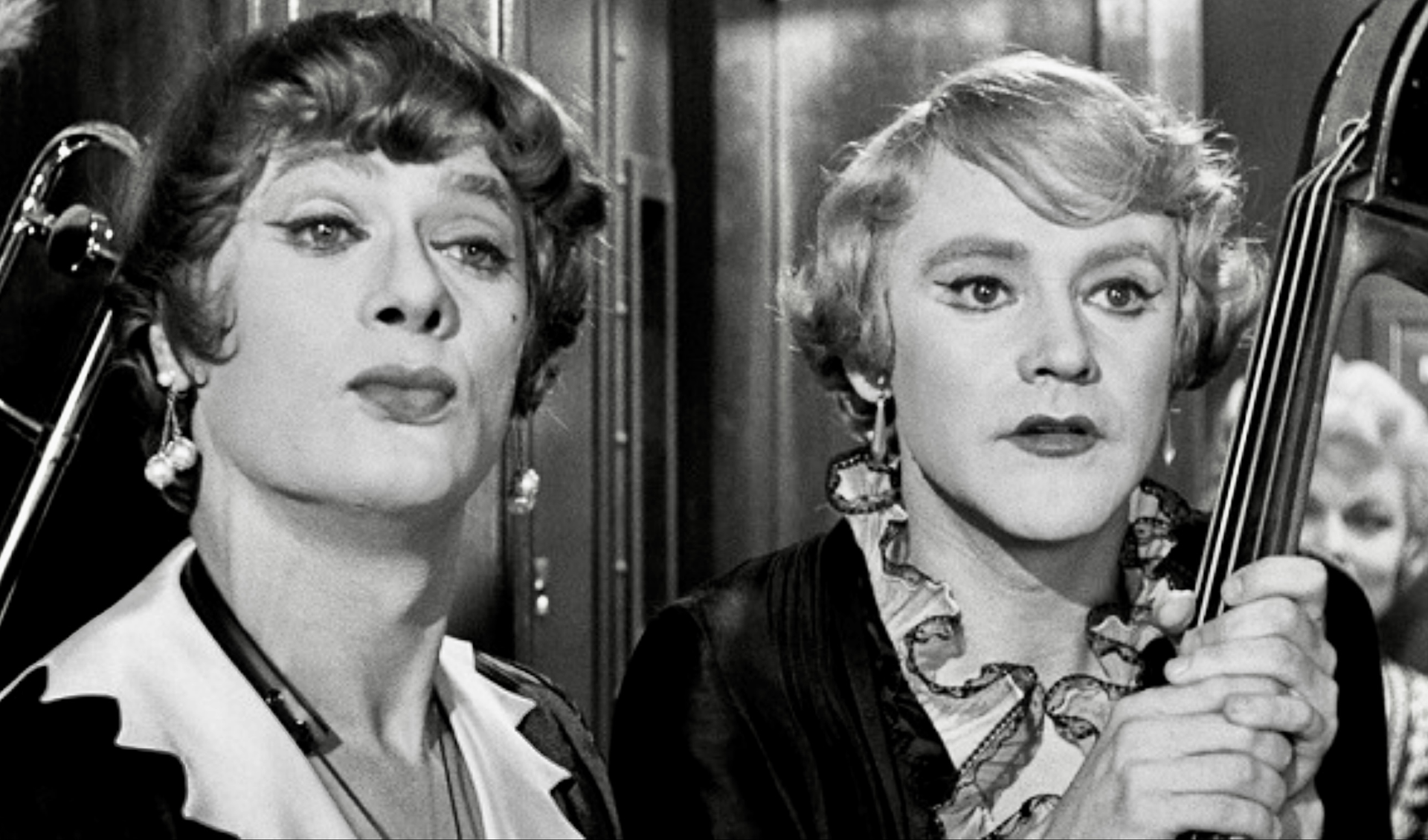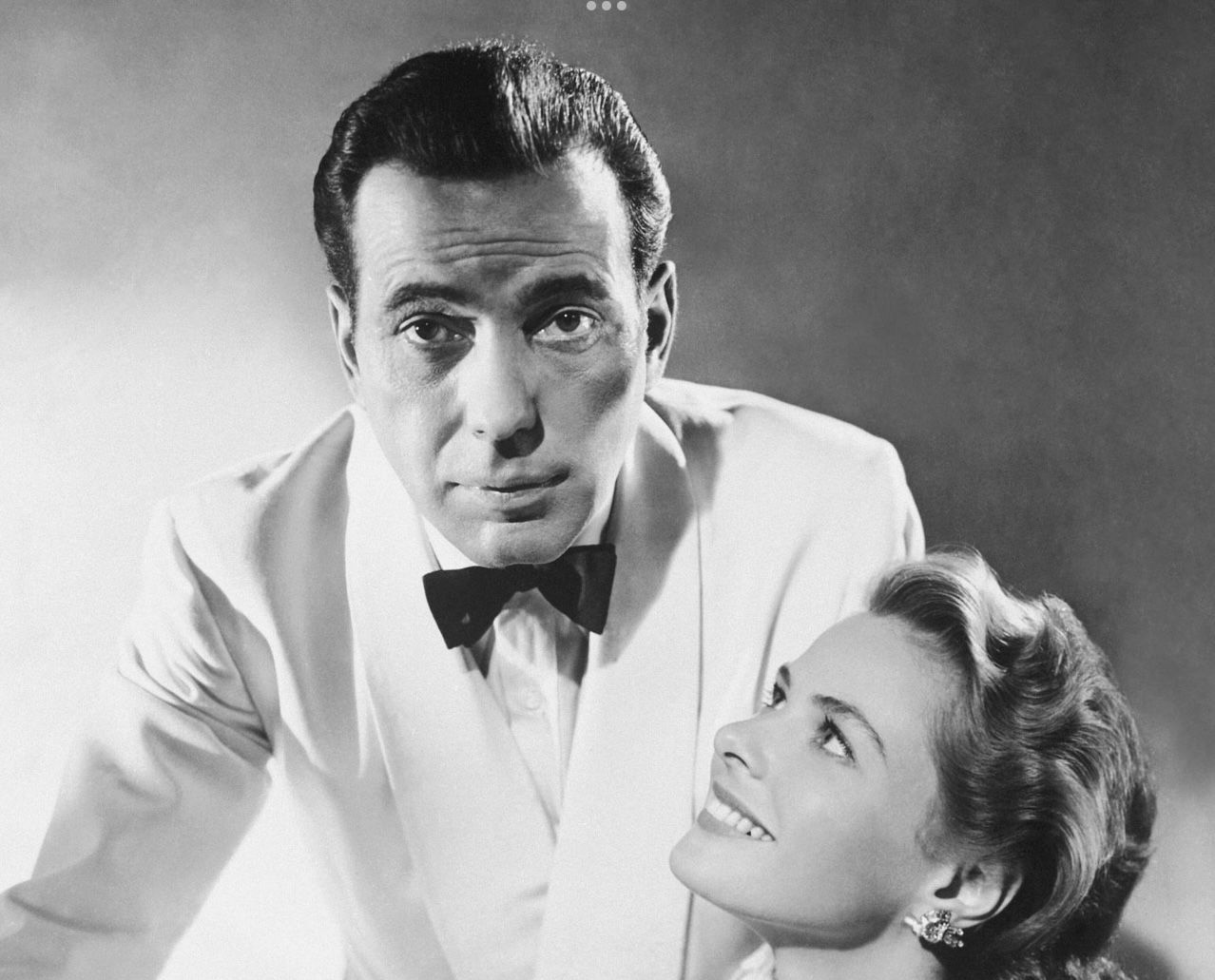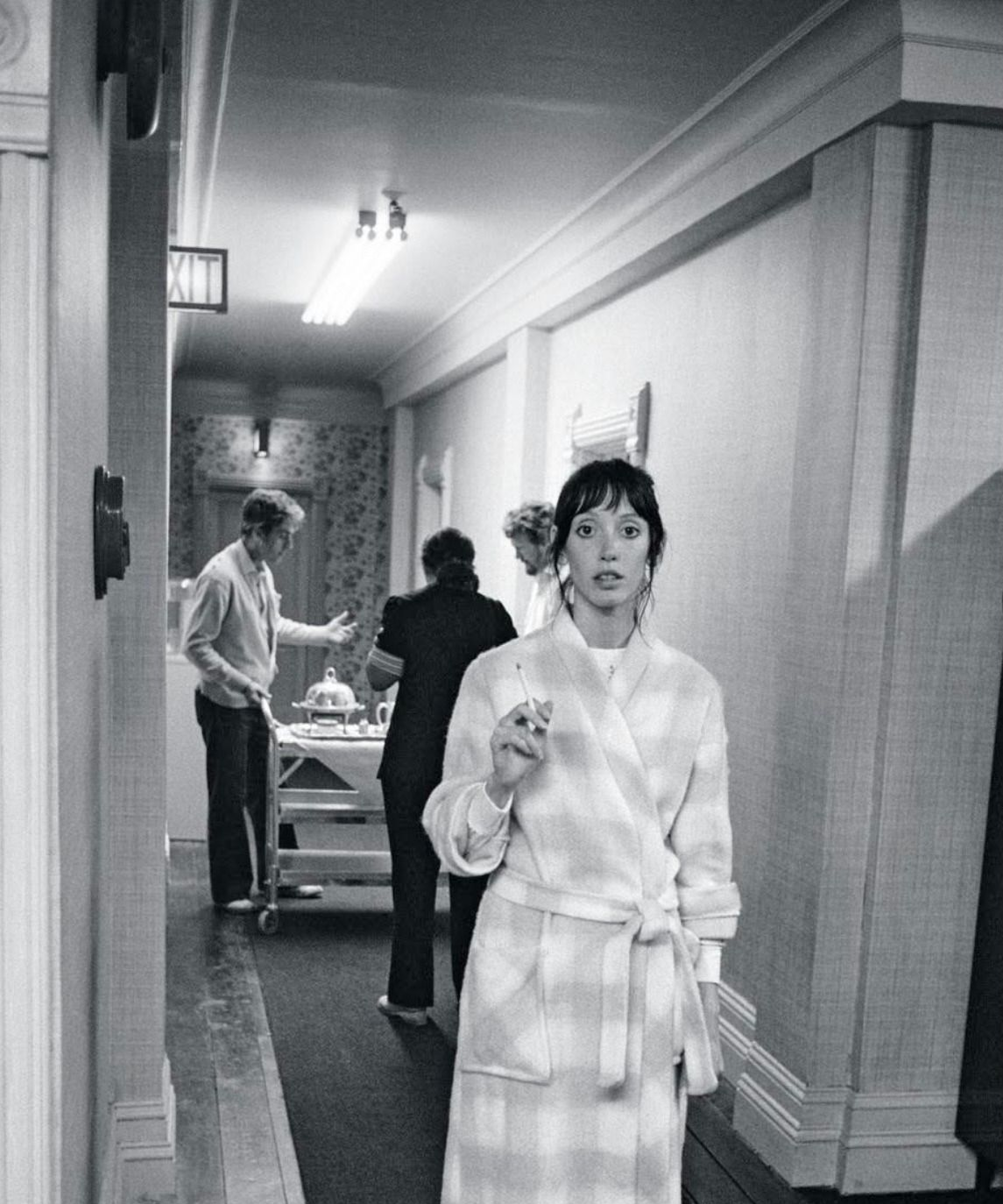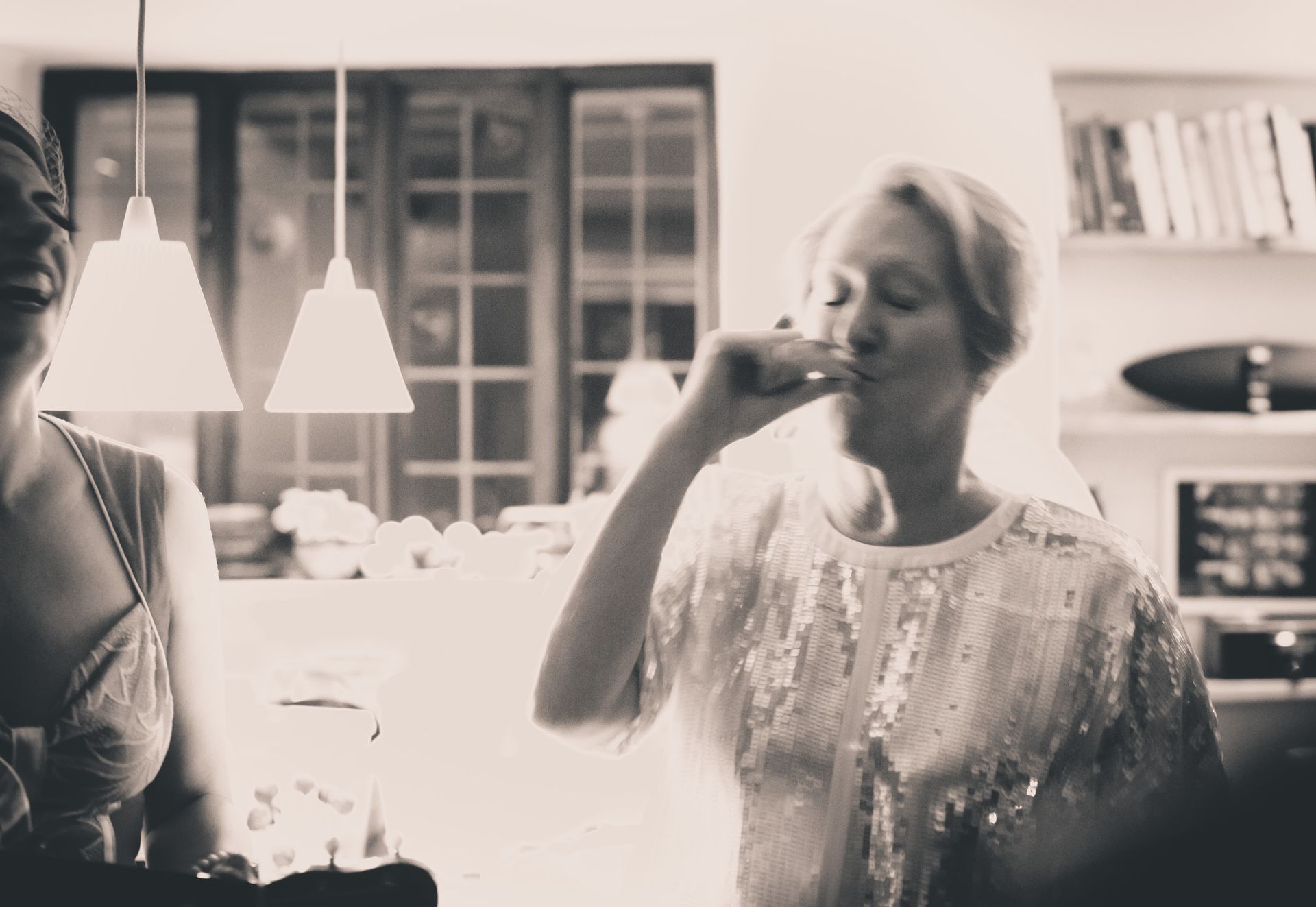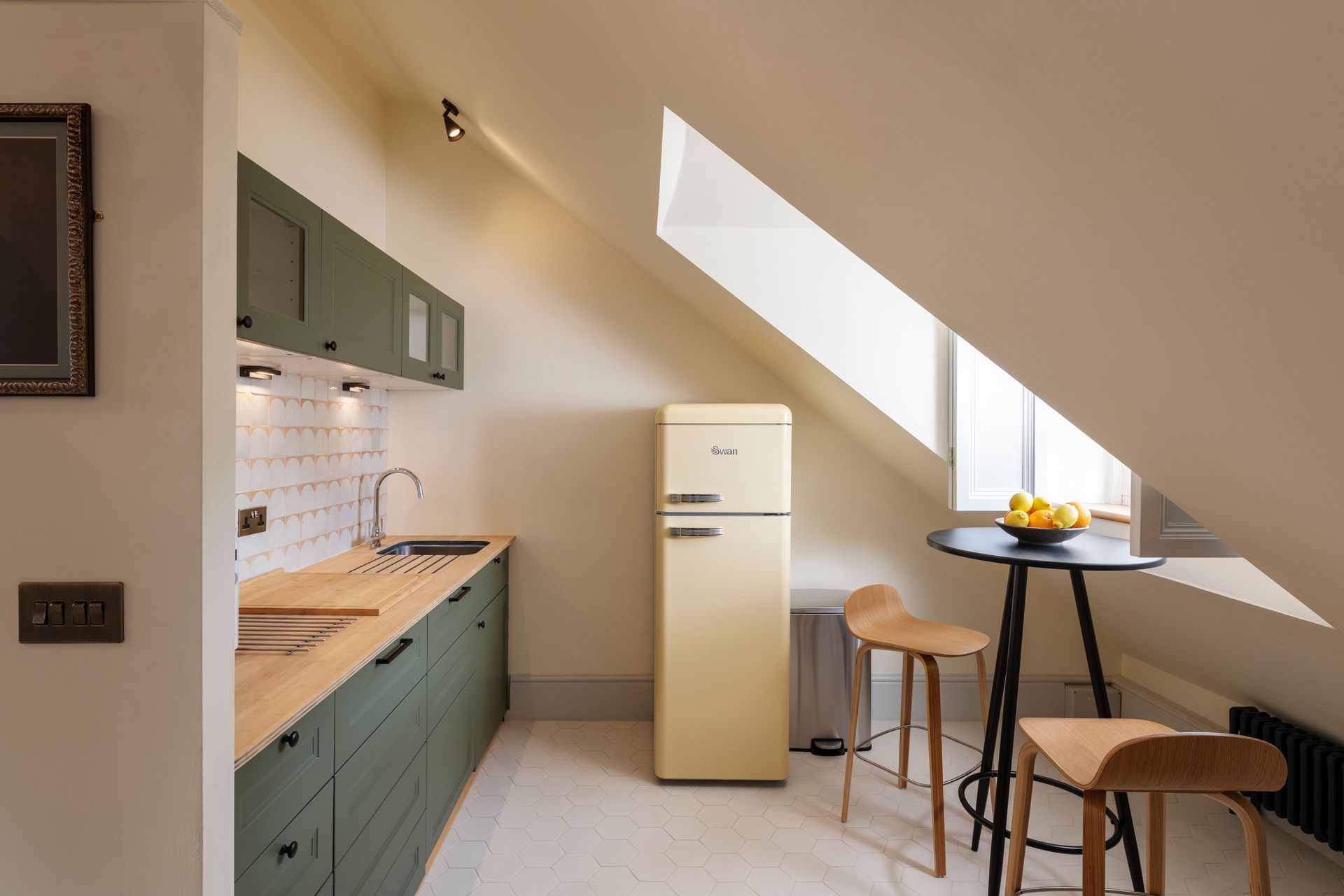The Booking Truth (2025 Update)
I first wrote about the unseen power of Online Travel Agencies (OTAs) in 2021. I think it’s well worth an update.

Let me tell you - in blunt terms - about one of hospitalities greatest challenges, how you may be complicit in it - and why you might choose to choose.
Quick Click vs. a £30 Saving
It’s hardly surprising how many people default to Booking.com or other OTAs. The allure is understandable. But convenience comes at a price. Research by Which? Travel in 2020 found that guests were paying around 12% more for hotel rooms via OTAs than they would directly. Think about that: on a £250 stay, that’s roughly £30 extra you’re shelling out to save a few minutes. It’s a depressing quirk of consumer behaviour that so many travellers will “click” without realising (sometimes even despite knowing) they could get a better deal by taking a moment to contact the hotel or use its official website. We’re all shopping around for the best deal these days, so why give OTAs a free pass?
The Cost of Convenience
When you book through an OTA, you’re paying for a middleman, not for a room. OTAs charge hotels a commission fee on each booking – usually 15% to 25% of the room price (higher for ‘better visibility’ in search results). No sensible business can absorb that hit without adjusting its prices. So what do hotels do? They build the commission into the rate you see on the OTA site. In plain terms, the “great deal” on Booking.com is padded to cover at least part of the OTA’s cut. The OTAs argue that their commission goes toward marketing that benefits hotels (for example, paying Google for ads so that the hotels get more online exposure). True – OTAs spend billions on advertising – but who wins? Not you or me. The winners are the OTAs and Google.
Why OTAs Still Dominate
I expected that, as we all got more sophisticated in our on-line selves, we’d be cutting out algorithmic middlemen by now. Yet Booking.com and Expedia still dramatically dominate online hotel bookings. According to current data, roughly four out of five travellers visit an OTA at some stage of planning or booking a trip. That’s an enormous influence on where people ultimately decide to stay. How did we get here? OTAs pour eye-watering sums into online advertising to grab your attention. Case in point: during Lockdown, Booking.com slashed its Google Ads spending from $4 billion to about $1.5 billion – a drop so steep it rattled Google’s share price. Of course, as travel rebounded, that spend shot back up, with Booking and Expedia reportedly disbursing over $6 billion each on marketing in 2022 to reclaim their turf. With that kind of visibility, it’s no surprise OTAs have become the default “search engine” for hotels. We may be more digitally sophisticated than we were a decade ago, but the OTA habit remains hard to break.
Are You Really Booking Direct?
As you know by now, when you use an OTA you are paying a middleman. A clever one, who will anticipate that you suspect, somehow, that it’s better all round to book direct…and will certainly not give you any indication that you are not doing so. Unbelievably (for me) a lot of travellers genuinely believe that these platforms are just convenient windows into the hotel’s own booking system. One U.S. survey found that almost 25% of visitors mistakenly believe that booking via an OTA means their reservation is directly with the hotel’s system. Well - let me spell it out - they are not. This is what happens when you book on an OTA: you’re dealing with a virtual travel agent that sits between you and the hotel. The reservation details get forwarded to the hotel separately, often through an extranet or email – there’s no magic pipeline into the hotel’s booking engine.
This matters, quite aside from the cost to you, because it can affect your stay. For example, if issues come up, you have to go through the OTA’s customer service rather than dealing with the hotel directly. Not because we don’t want to help - but because we did not make the booking and cannot amend it! Additionally, be aware, very aware, that smaller hotels will always clock how you booked - because hospitality is about people, how you book gives us a pre-arrival clue about you. The OTAs are useful tools for browsing and comparing, but never be fooled into thinking they’re a neutral or “official” part of a hotel’s operations.
Rate Parity Clauses – The (Interesting) Legal Bit:
bear with it!
At the heart of this culture of obfuscation, and the biggest obstacle to hotels in getting their message across, is the use by OTAs of “most-favoured nation” clauses, also known as rate parity clauses. These terms prohibited hotels from offering a lower price anywhere else - even on their own website - than on the OTA. In other words, if a hotel signed up with an OTA, it couldn’t undercut that OTA’s rate – even to its own loyal and regular customers. For a long time, this kept prices uniform (higher) across the board. But in recent years, regulators have been hammering away. In 2015, competition authorities in France, Italy, and Sweden secured agreements from OTAs to drop their strictest parity rules. In the UK, Booking.com and Expedia gave a ‘voluntary undertaking’ in August 2020 to loosen up on rate parity - which is when those ‘book direct’ incentives started in earnest. The real fireworks started after 2021. Germany led the charge – its Federal Cartel Office had banned Booking.com’s wider parity clauses earlier, and in 2021 Germany’s highest court upheld that even ‘narrow’ parity clauses (restricting a hotel’s own website prices) were anti-competitive. This was a landmark win for hotels… in Germany.
Meanwhile, a pan-European legal challenge was brewing. By late 2021, thousands of hotels across Europe joined forces to seek compensation from Booking.com for years of inflated commissions and lost revenue under these clauses. Today, over 10,000 European hotels are part of a coordinated lawsuit (the “Hotel Claims Alliance”) alleging that Booking.com’s enforced parity kept prices artificially high and stifled competition. It’s one of the largest-ever legal actions in the hospitality sector, backed by hotel associations across 30 countries. In a significant boost to the cause, the European Court of Justice ruled in September 2024 that Booking.com’s price-parity provisions violated EU competition law. The court rejected the OTA’s argument that these clauses were needed to prevent free-riding (ie: customers using Booking.com to find a hotel but then booking direct - which ironically is exactly what we want you to do). The writing is on the wall: under the new Digital Markets Act (DMA) in the EU, platforms like Booking.com are explicitly prohibited from imposing such parity requirements. By late 2025, Booking.com will have to remove any ‘best price’ clauses from its contracts to comply with the DMA. This is a major shift in the balance of power – hotels in Europe have legally regained the freedom to set their own prices lower on their own websites or other channels if they choose. The collective lawsuit for damages is still ongoing and could take years to conclude, but the parity policy is effectively dead. It means you should start seeing more explicit opportunities for better deals when booking directly.
The Direct Booking Advantage (Lessons from an Independent)
Given all the above, you might wonder why any hotel still uses OTAs. The reality is that they play a role for many hotels, especially smaller ones that need visibility. It’s a cost that pays for a shop window. With a USP that is truly visible and a fair wind of personal chutzpah, it’s possible for an independent to swerve OTAs - when I owned Burgh Island, we made enough noise, to a select and willing audience, to live entirely outside the OTAs universe. But you need a very loud voice now to attract new customers and small independents just don’t have the budget to fund search engine optimisation at premium level.
From a customer’s perspective, the message is clear: you will almost always get the best deal and experience by booking direct. Even if the price looks the same as on an OTA (thanks to those parity clauses, only a few - ahem - brazen hotels have advertised lower prices on their website), when you go direct you often receive better personal service. The hotel knows you’re a valued direct customer, not just a number on a third-party report. And if something goes wrong with your plans, you can talk to the hotel staff directly to sort it out.
OTAs are useful for research – but when you book, take a moment. Not only could you save money, but you’ll be directly supporting the people who make your bed. In an age where we’re re-evaluating our connections with businesses and communities, booking a room is one area where a little effort goes a long way. An hotel stay is a personal experience – you’re trusting strangers to take care of you while you sleep! Why not start that relationship in person?


